By Michael Wilmington & Film Noir Blonde
The Noir File is FNB’s guide to classic film noir, neo-noir and pre-noir on cable TV. All movies below are from the schedule of Turner Classic Movies (TCM), which broadcasts them uncut and uninterrupted. The times are Eastern Standard and (Pacific Standard).
PICK OF THE WEEK
“Spellbound” (1945, Alfred Hitchcock). Sunday, Jan. 13; 4 p.m. (1 p.m.). At a famed psychiatric hospital, the head doctor (Leo G. Carroll) is being replaced by a younger man, Dr. Edwardes (Gregory Peck) – to the surprise and delight of his new colleague Constance Petersen (Ingrid Bergman), who falls in love with him almost at first sight. Unfortunately, this new boss soon proves to be an impostor, an amnesiac, and maybe even a murderer, wanted by the police. Soon, Constance and “Dr. Edwardes” are on the run. As they try to elude the law, Constance also tries to delve into the dark, traumatized recesses of her lover’s mind, in an attempt to clear him that may wind up condemning them both.
Both “Spellbound” Hitchcock and screenwriter Ben Hecht were deeply interested in Freudian psychiatry, and this “wrong man” thriller was initially intended at least partly as a serious look at psychiatry and psychoanalysis –even though the movie’s source is the somewhat baroque mystery novel, “The House of Dr. Edwardes,“ by Francis Beeding. But the powerful allure of Hitch’s two supremely photogenic co-stars, Bergman and Peck, swerved Spellbound more toward stylish romance than serious analysis. “Spellbound” proved to be one of Hitchcock‘s biggest box-office successes of the ’40s. The famous theremin-laced score is by Miklos Rosza, Rhonda Fleming and Michael Chekhov co-star, David O. Selznick produced, and the film’s hauntingly surreal nightmare sequence was originally designed by surrealist painter Salvador Dali (“Un Chien Andalou“).
Thursday, Jan. 10
4:15 p.m. (1:15 p.m.): “Crime in the Streets” (1956, Don Siegel). With John Cassavetes and Sal Mineo. Reviewed Oct. 13, 2012.
Friday, Jan. 11: George Raft Day
7:15 a.m. (4:15 a.m.): “Each Dawn I Die” (1939, William Keighley). With James Cagney and George Raft. Reviewed Aug. 10, 2012.
9 a.m. (6 a.m.) “They Drive By Night” (1940, Raoul Walsh). With George Raft and Humphrey Bogart. Reviewed July 7 2012.
12:30 p.m. (9:30 a.m.): “Background to Danger” (1943, Raoul Walsh). Based on one of Eric Ambler’s first-rate espionage novels, this on-the-edge anti-Nazi thriller, set in Turkey, backs up Raft (an unlikely Ambler hero) with Peter Lorre and Sydney Greenstreet.
Other Raft noirs on Friday include “Johnny Angel” (2 p.m. E.T.), “Nocturne” (3:30 p.m.) and “Race Street” (5 p.m.). [Read more…]
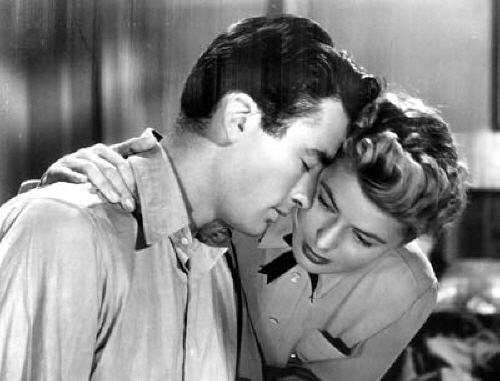
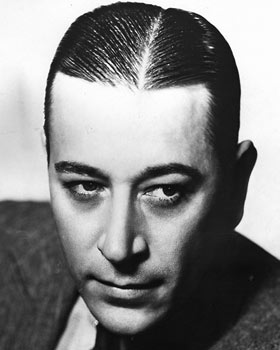






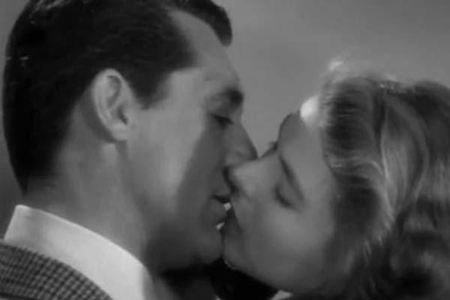
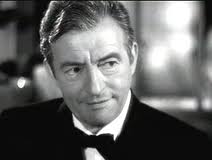
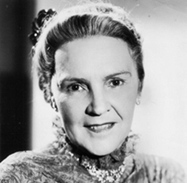
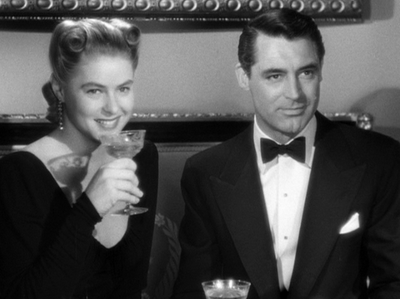
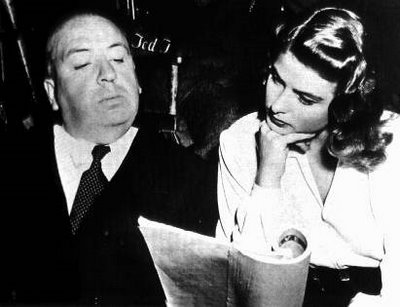






From FNB readers